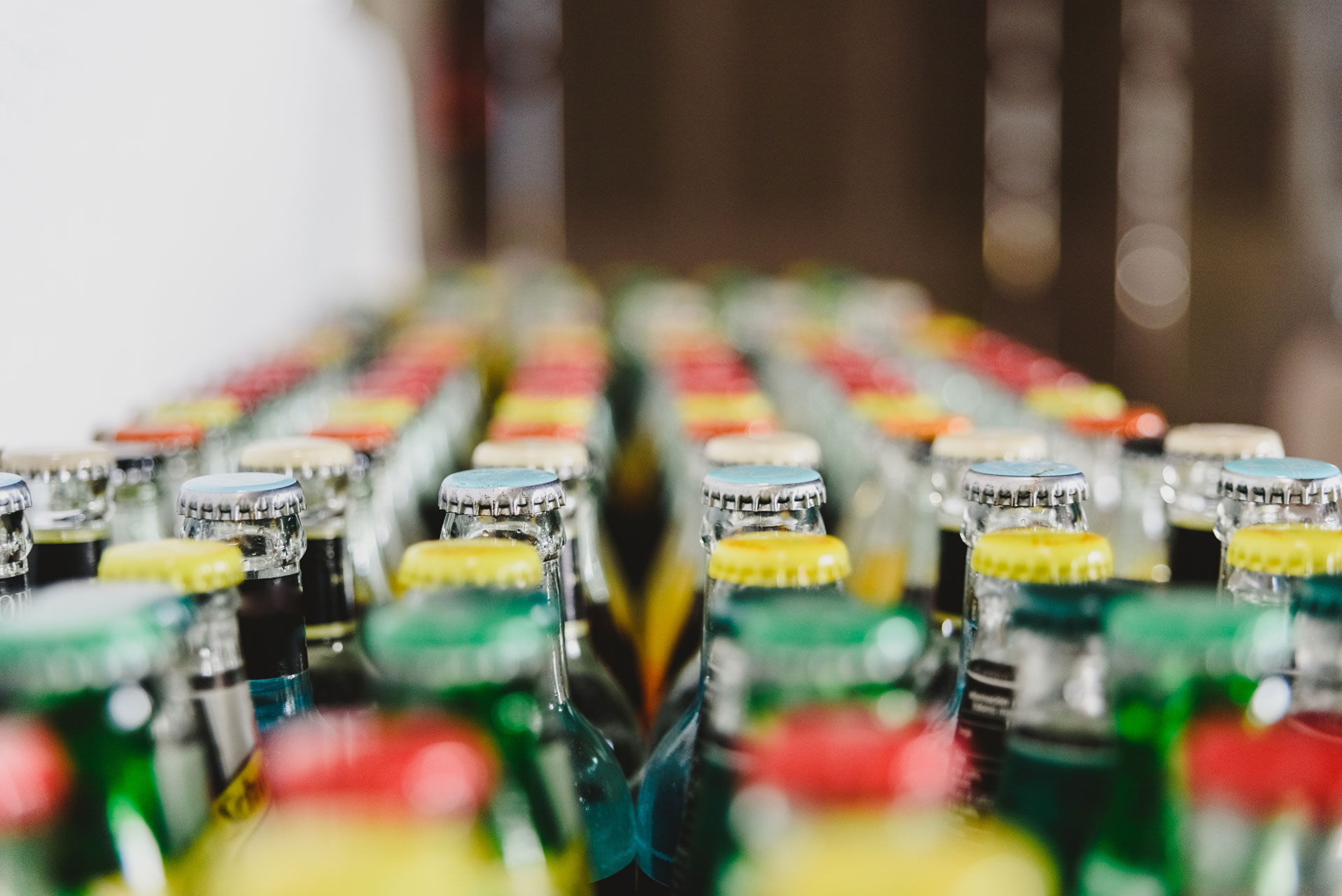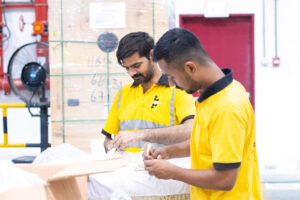
When it comes to transporting goods, safety is paramount, especially in industries like freight, logistics, and air transport. And one common question that arises is whether soft drinks—everyday items like Coca-Cola, Pepsi, and other carbonated beverages—are considered dangerous goods. The answer isn’t a simple yes or no; instead, it depends on the specific guidelines from various transportation authorities, the type of packaging, and the quantity being shipped.
What Are Dangerous Goods?
Dangerous goods are substances or materials that pose potential hazards to health, safety, property, or the environment. These goods are classified according to specific characteristics like flammability, toxicity, corrosiveness, or reactivity. Common examples include chemicals, gasses, flammable liquids, and explosives.
Transportation regulations for dangerous goods are overseen by different bodies worldwide, with some of the most notable including the International Air Transport Association (IATA) for air transport, the International Maritime Organization (IMO) for maritime shipping, and the Department of Transportation (DOT) for the United States. Each of these organizations provides strict guidelines on how to safely handle, pack, and transport hazardous materials.
Soft Drinks and Carbonation: The Key Consideration
Most soft drinks, including Coca-Cola and Pepsi, are carbonated, meaning they contain dissolved carbon dioxide (CO₂) gas under pressure. This pressurization is what gives the drinks their fizz, but it also means they’re packaged in containers that can withstand this pressure.
The pressurization alone doesn’t make soft drinks hazardous, but it does introduce considerations for transportation in certain conditions. For instance, temperature changes or high altitudes during air transport can increase internal pressure within cans or bottles. In extreme cases, these changes may cause containers to expand, burst, or leak. Although these risks are generally low and don’t typically classify soft drinks as dangerous goods, it’s a factor that can impact transportation methods, particularly air cargo.
Classification by IATA and Other Regulatory Bodies
The International Air Transport Association (IATA), which governs air transport regulations, does not classify soft drinks as dangerous goods. This is because soft drinks don’t exhibit characteristics typically associated with dangerous goods, such as flammability, toxicity, or corrosiveness. However, soft drinks do require careful handling and appropriate packaging for air transport to prevent potential issues related to pressurization and leakage.
The same holds for other transportation authorities like the U.S. Department of Transportation (DOT) and the International Maritime Organization (IMO), which also do not classify soft drinks as hazardous. However, they do require that soft drinks be packaged in a way that prevents rupture or leakage, particularly for bulk shipments.
Transporting Soft Drinks: Best Practices and Precautions
While soft drinks aren’t considered dangerous goods, certain precautions are essential to ensure safe transportation, especially when transporting them in bulk quantities or via air freight:
- Packaging – Soft drinks must be securely packaged to prevent shifting or damage during transit. Reinforced cardboard boxes with dividers or secure pallets for large shipments are often used. Extra padding may also be included to reduce movement and absorb shocks.
- Temperature Control – Extreme temperatures can affect pressurization in carbonated beverages, potentially causing cans or bottles to burst. During air and ground transport, it’s important to keep shipments in climate-controlled environments, especially in extremely hot or cold weather.
- Pressure Changes – When shipping by air, pressure changes can cause cans or bottles to expand or even burst. Airlines and logistics providers have guidelines to ensure that soft drinks are stored in pressurized cargo holds to prevent rapid pressure changes that might affect the containers.
- Bulk Quantities – Large volumes of soft drinks can have specific storage and handling requirements, especially when shipped in non-pressurized holds or unventilated areas. Freight forwarders and logistics providers often consider the storage environment, particularly for international or long-distance shipments.
Are Soft Drinks Ever Dangerous?
Under normal circumstances, soft drinks are not considered dangerous. However, there are some rare situations where pressurized cans or bottles could become a hazard if mishandled, stored incorrectly, or exposed to extreme environmental conditions.
For example:
- High-Temperature Environments – If a truck carrying soft drinks is parked for an extended period in extreme heat, cans or bottles could expand or burst.
- Air Transport in Non-Pressurized Holds – When pressurization isn’t controlled, such as in certain types of smaller aircraft, it could cause carbonated drinks to burst under altitude changes.
These cases are exceptions rather than the rule, and with proper handling and packaging, soft drinks remain safe for transit.
Conclusion
Soft drinks are not classified as dangerous goods according to IATA, DOT, or IMO guidelines. They do not contain harmful chemicals or substances that pose direct risks to health or safety. However, the pressurization of carbonated beverages does require some attention, particularly during air and bulk shipping. By adhering to standard packaging, handling, and environmental controls, logistics providers and freight companies can safely transport soft drinks without the added complications that accompany dangerous goods.
Partner with TFI for Transporting Carbonated Drinks
At TFI, we understand that safety is key in transporting any type of goods, most especially potentially hazardous and hazmat goods. This is why we implement the best practices and precautions when handling and transporting FMCG products such as carbonated beverages. Although these are not classified by IATA as dangerous goods, our in-house team adheres to the highest industry standards in terms of storage, handling, and transportation. Backed by our GCAA certification, you can have peace of mind knowing that we are the logistics provider that you can rely on.


